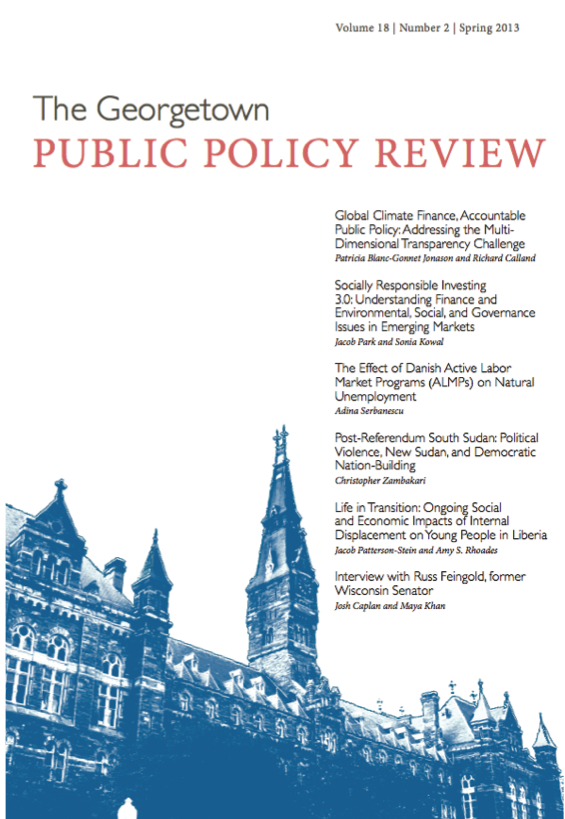By Christopher Zambakari
The objective of this paper is to analyze the problem of violence in South Sudan between 2009 and 2012. This study fills the gap in scholarship about the determinants of violence in South Sudan in the period following the Comprehensive Peace Agreement (CPA). The paper begins with a critique of the existing paradigms of understanding conflicts in Sudan and South Sudan: race (Arab and African), religion (Christian and Muslim), ethnic (native and settler), geographic (north and south), and the tendency to present violence as criminal and not political. It quantifies the determinants of violence, presents frequencies and percent distribution of incidents resulting in deaths, and tabulates the ratio of person(s) killed to number of incidents in the five states most affected by violence: Warrap, Unity, Upper Nile, Jonglei, and Lakes. The second objective of the paper is to discuss an alternative solution to the political crisis facing both countries: citizenship and the need for an inclusive framework to manage diverse populations within a unified nation. The article concludes with a discussion of the New Sudan framework by situating it within the larger debate on democratic nation-building, while discussing its alignment with regional and international law.
Christopher Zambakari is a Doctor of Law and Policy (LPD), Northeastern University, Boston, Massachusetts, and a Rotary Peace Fellow, University of Queensland, Australia. His work has been published in law, economic, and public policy journals.
